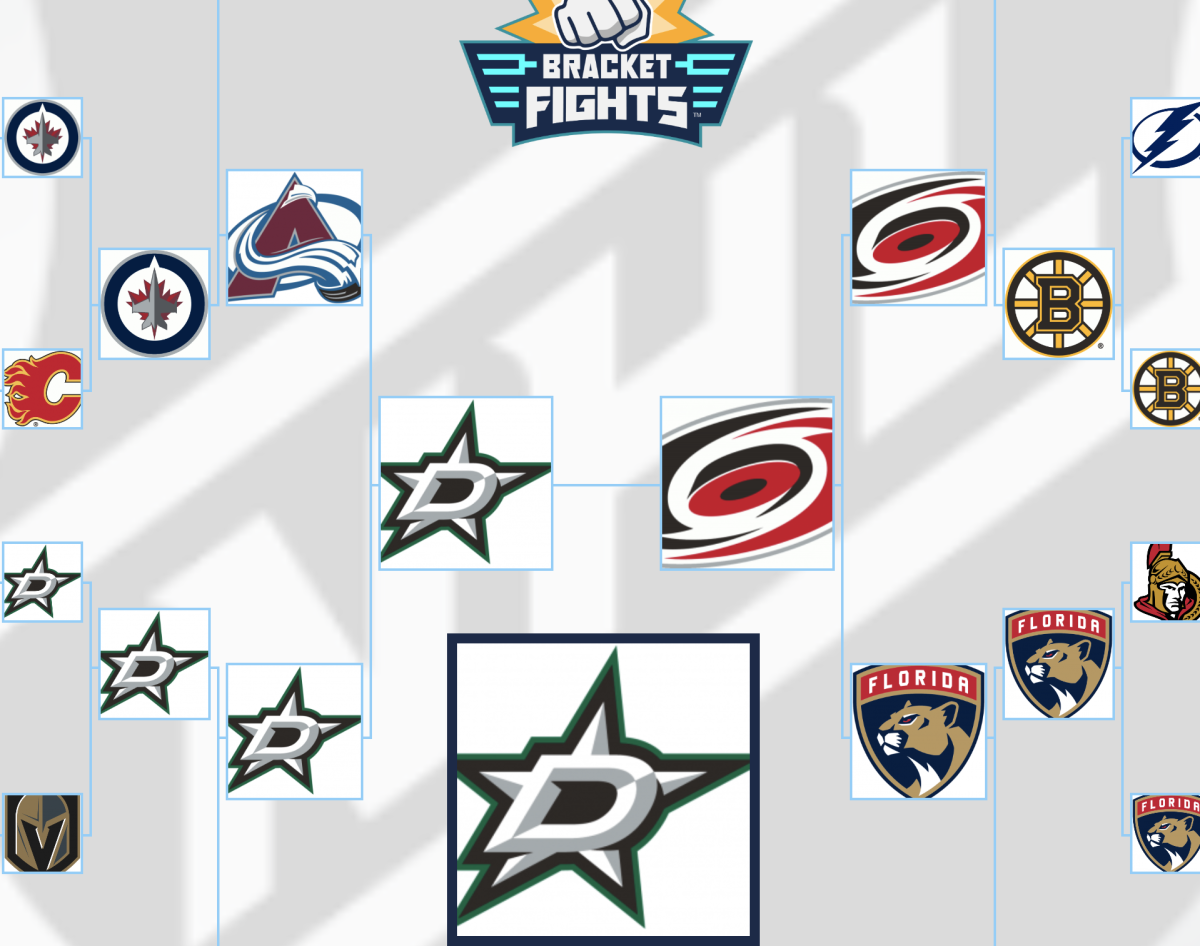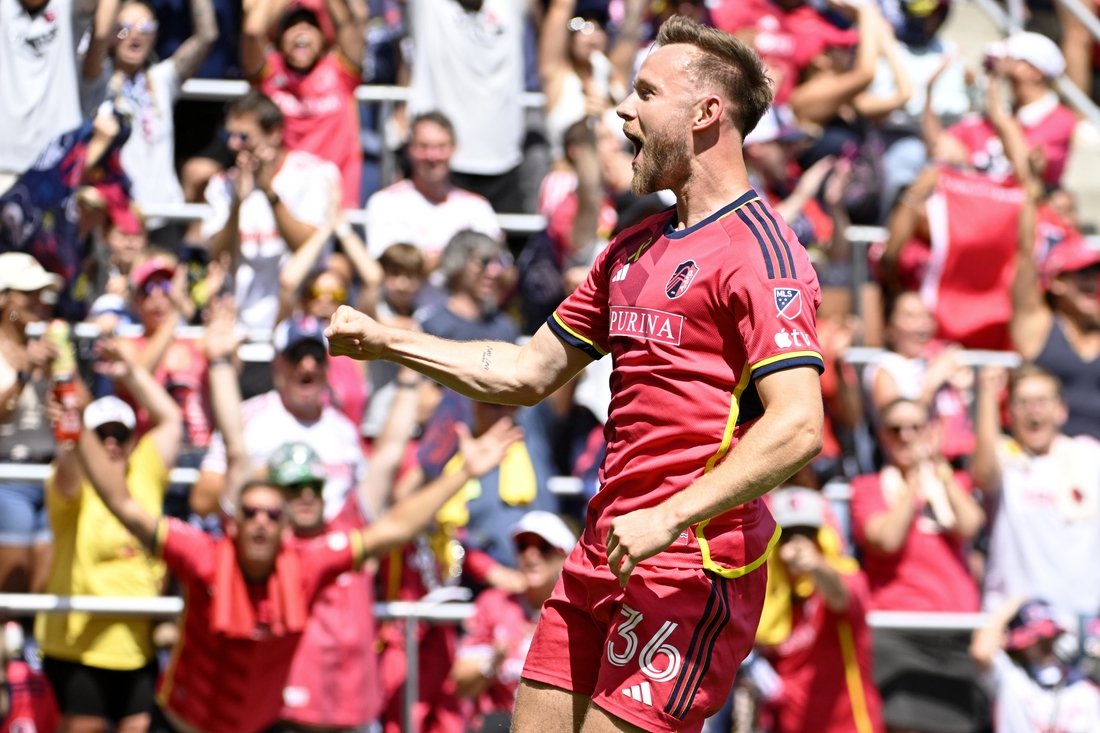One of my favorite childhood memories is of my dad and I curled up in front of the TV, our eyes fixed on the little device that illuminated the room. Because my family has always bonded over television, growing up, I was enamored with the art of film. I always stalk the new movies coming out, but recently I’ve been consistently disappointed when I try to find a new movie to watch. They all seem to be the same. Part six of the same old thriller; a Mean Girls remake, Mulan 2, which took away everything, including the songs and even the endearing side characters; and Star Wars, Star Wars, Star Wars. It feels like the entertainment industry is stuck in a loop, constantly churning out sequels, remakes, and reboots without taking risks or exploring new ideas. The lack of originality is becoming increasingly frustrating for fans like me who crave fresh storytelling.
While technological advancements have expanded the possibilities for creative storytelling, major studios seem to be stuck in a cycle of recusing old ideas through remakes rather than embracing innovation. Disney, once regarded as the unrivaled powerhouse of cinematic storytelling, is currently facing a challenging period at the box office. Despite its impressive portfolio of beloved movies, the studio has lagged behind competitors in recent years. I can’t help but wonder why Disney, known for its magic in creating enchanting worlds, is struggling to captivate modern audiences. I think the answer lies in the industry-wide trend of playing it safe with familiar stories instead of taking creative risks. Disney proved they could come up with innovative ideas when they made Moana and Encanto, but they haven’t continued that trend, because remakes have become the go-to formula for studios looking to cash in on established fanbases and tap into the allure of nostalgia. They can easily guarantee a certain amount of profit by simply producing another remake of a classic book or film, so why would they spend money and time coming up with new ideas?
That’s not to say that good remakes are impossible to do; there are plenty of excellent remakes that honor the original. One instance that I’ll mention is the One Piece live-action remake. The One Piece live-action was, I believe, a really good remake. It was a breath of fresh air for me; it demonstrated a genuine love for the original, and they caught the essence of the series in all its camp earnestness that you barely ever see anymore. But why could the live-action one-piece accomplish what Disney is unable to? I’ve watched a lot of live-action adaptations fail miserably, so I have a couple of ideas on how to make a decent remake.
When it comes to remakes, the essence lies in finding creators who understand the original series’ intricacies and possess a genuine love for it. Passion is the driving force behind creative endeavors, allowing filmmakers to pay homage to the source material while creating their vision. Beyond the discontent of fans, a lack of love for the original series has a detrimental impact on the creative process. Filmmakers who lack a genuine connection with the material miss the nuances, themes, and character dynamics that made the original special. Remakes need to catch up on capturing the essence of the stories they aim to retell instead of diluting the cinematic magic. Unfortunately, this aspect is often overlooked in favor of a generic, assembly-line approach that prioritizes profit over artistic integrity.
Something else that I think is essential is including the original creator. The creator of One Piece was involved in every decision made in the live-action adaptation. In contrast, Disney is making a live-action Moana without the participation of any of the original composers or creators. The original creators of the new live-action avatar left the project due to “creative differences,” and as was to be expected, all of the announcements regarding the live-action avatar contradict the allure and idea of the original. Cowboy Bebop is yet another live adaptation to fail because the writers’ lack of homework and shaky adaptation of the original material served as the basis for the series. Rather than staying true to the show/movie, they ran with their creative liberties. Did it have to be shot for shot? No, but it was not faithful. Again, none of the original creators were on board, and the changes made by the writers ended up alienating the original fanbase and ultimately leading to disappointment and backlash.
It’s time for Disney’s creators and other studios to embrace the essence of the original stories they aim to retell and foster a genuine connection and passion for the source material. Only by prioritizing artistic integrity and involving the original creators in the creative process can the industry truly break free from the shackles of a repetitive and uninspired remake.






























